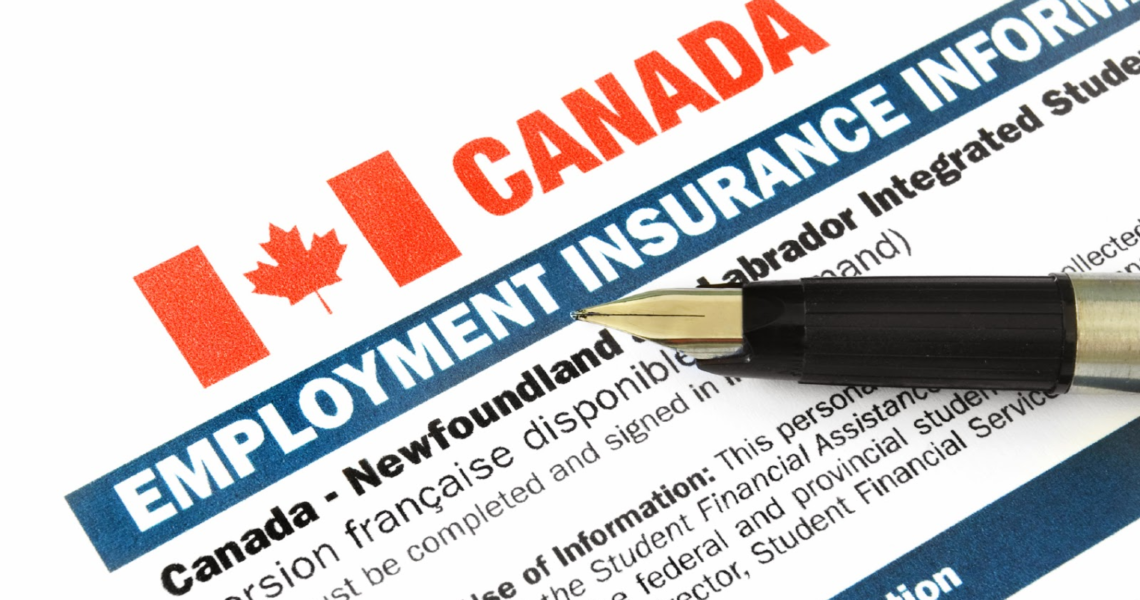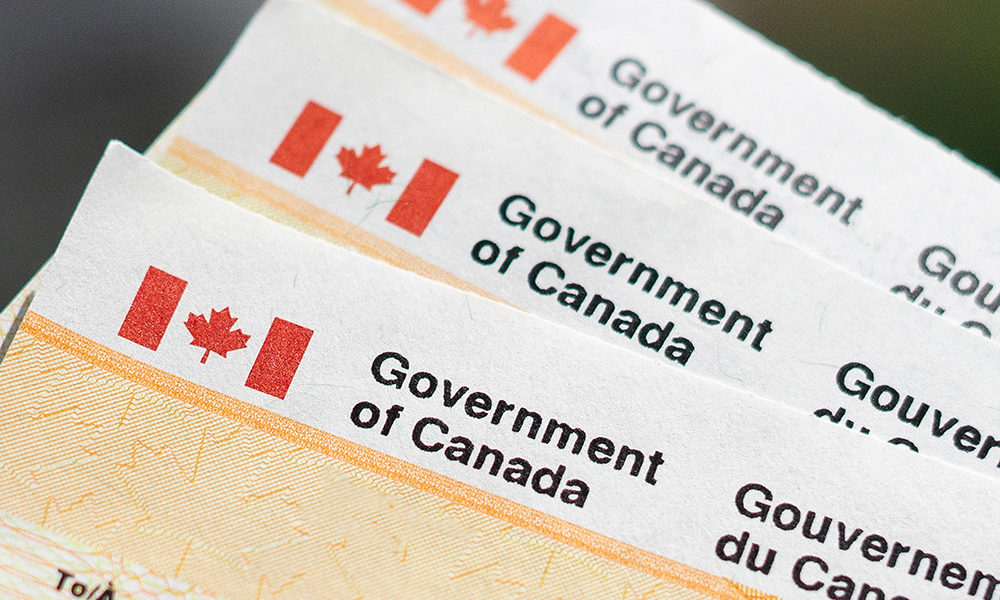Tag: Federal Government
An Employment Insurance system for the 21st century: Lesson 1, Big shocks matter
This is the first commentary in a three-part series examining ideas for reforming Canada’s Employment Insurance (EI) program. This commentary argues that the program as presently constituted is not well-designed to provide adequate support for households that suffer large and enduring negative income shocks.
Overcompensation of Income Losses: A Major Flaw in Canada’s Pandemic Response
The federal government has overcompensated Canadians for their lockdown-related income losses. The amount of money involved is substantial. Although overcompensation does not seem to have been a policy objective at the outset, it has been embraced. This expensive flaw in Canada’s response to the COVID-19 pandemic compromises fairness and limits options for using fiscal policy to strengthen the recovery.
Tax, Spend, Repeat: 55 Years of Public Finance Data for Canada
Today, Finances of the Nation releases an updated and expanded version of its Government Revenue, Expenditure, Assets and Liabilities (REAL) data. Covering 55 fiscal years from 1965/66 to 2019/20, the REAL data give a detailed picture of the finances of federal, provincial, and territorial governments in Canada.
Is Canada’s Federal Debt a Cause for Concern?
Canada’s federal deficit is currently forecasted to be $343 billion in fiscal year 2020-21, or more than 15% of gross domestic product (GDP). Not surprisingly, this deficit and the associated accumulation of debt is attributable to the government’s response to the COVID-19 pandemic. Federal budget deficits are, however, expected to continue well beyond 2020. This commentary discusses how we should think about the federal government’s debt, and what perspective we should take that may be different from how we are used to thinking about other kinds of debt.





Debt Aversion in Canada Since the 1980s: Are things about to change?
For the past 35 years, debt aversion has been an organizing principle of Canada’s federal fiscal policy. This commentary demonstrates the fact of fiscal policy continuity focused on debt aversion since the 1980s and asks whether the current surge in debt is simply an emergency response to the COVID-19 pandemic and recession or the beginning of a new era of fiscal policy that is markedly less focused on avoiding debt.